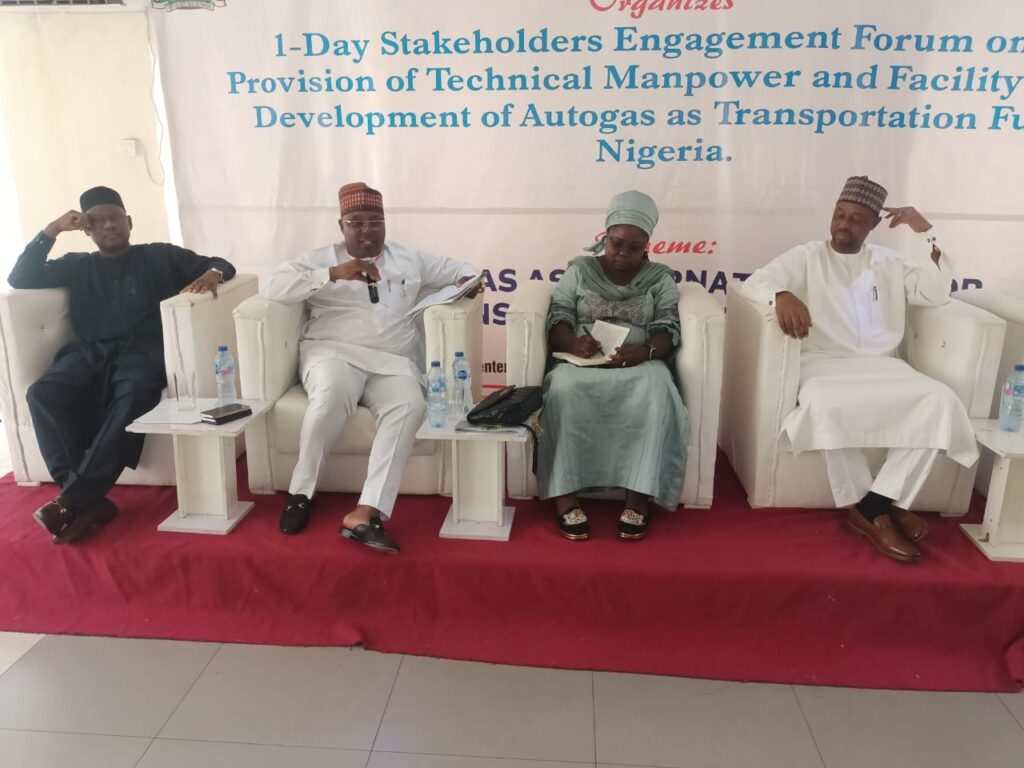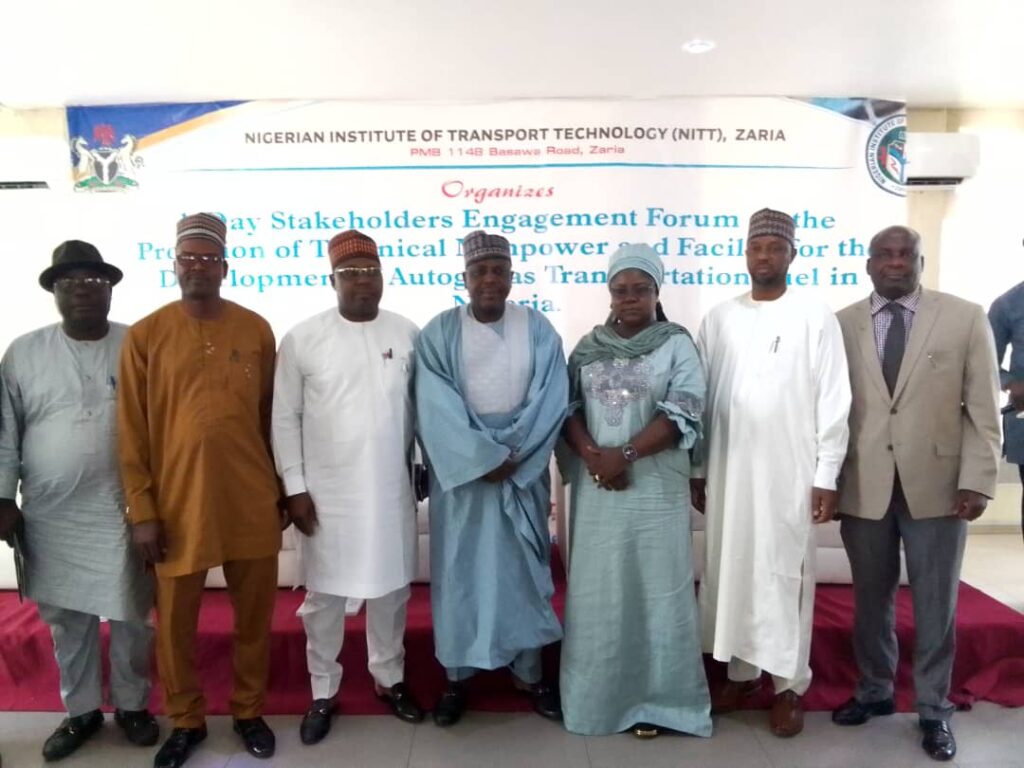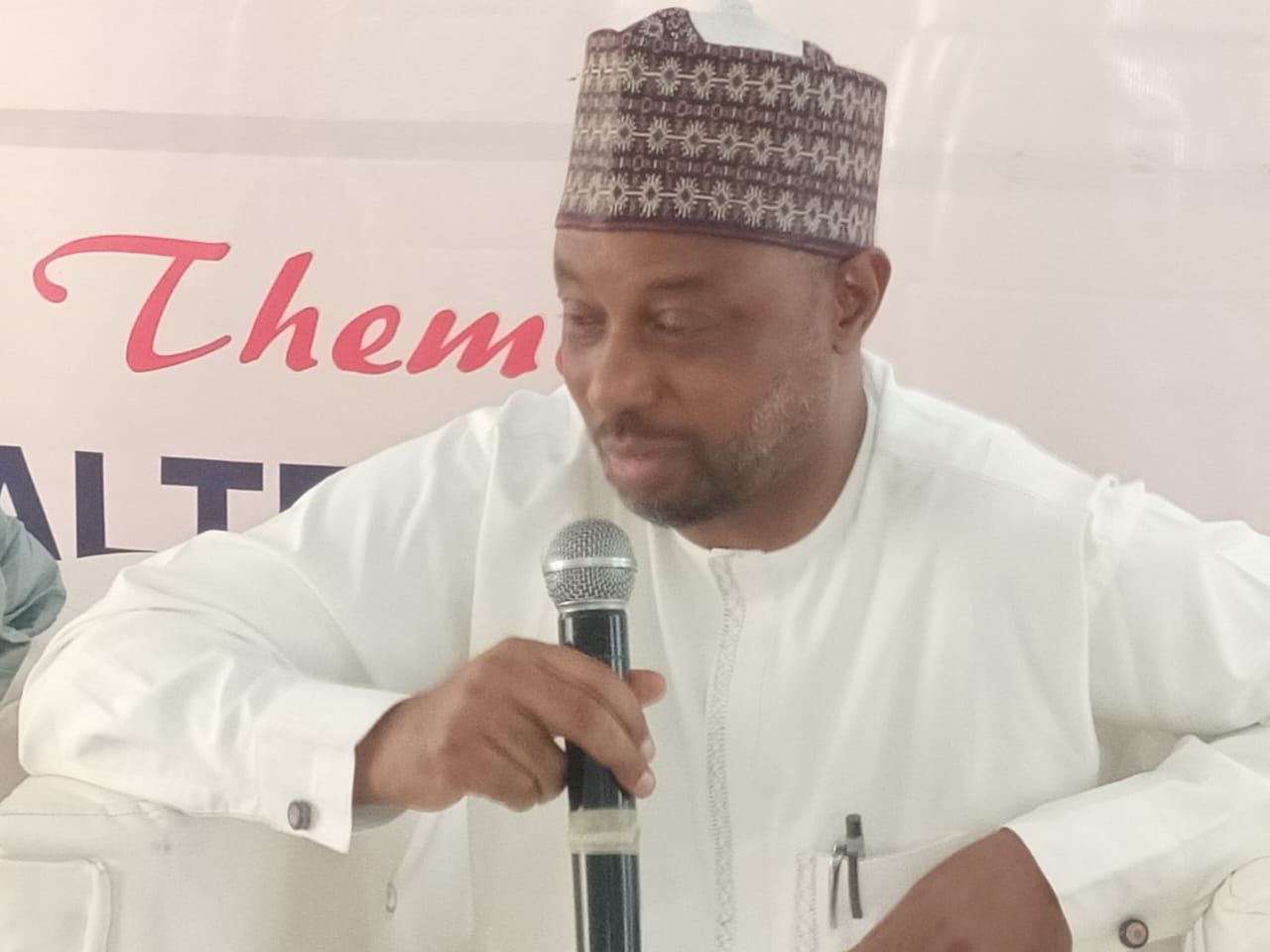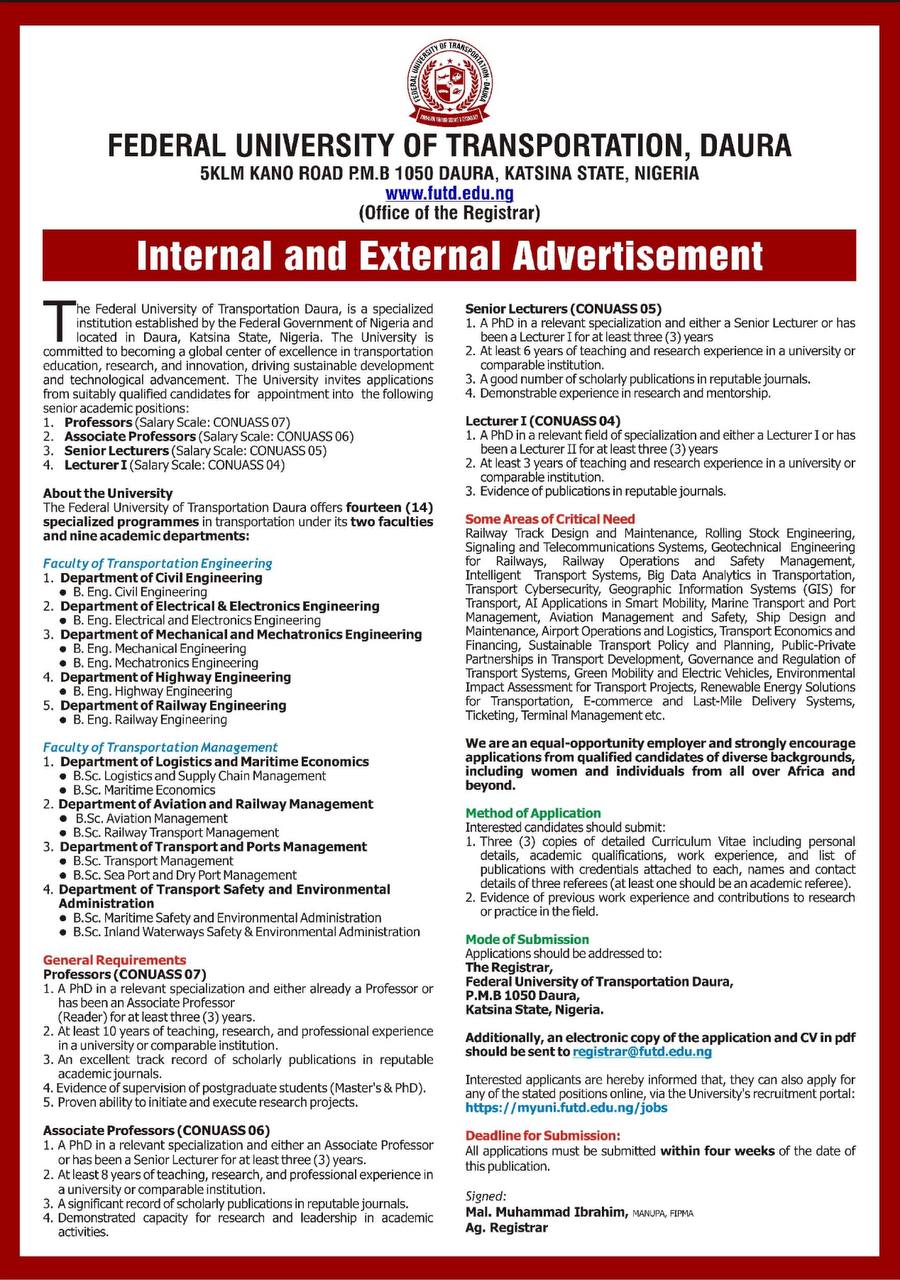The Director General of the National Institute of Transport Technology (NITT), Dr. Bayero Salih Farah, has called on private sector players to take advantage of the Federal government’s Public Private Participation (PPP) to invest in the development of autogas, as it is bound to be very viable following the removal of subsidy on petrol recently.
He made this call yesterday at the One-Day Stakeholders engagement forum on ‘Autogas as alternative fuel for transportation in Nigeria’ held in Abuja.
According to the DG, the forum is “suitably conceived for stakeholders to discuss the manpower and facility gaps for the development of Auto-gas industry in Nigeria.
“The Forum is necessitated by the current transportation fuel crisis that resulted from the removal of fuel subsidy and the intention of the Institute to explore alternative energy sources for the transportation sector.
“With Nigeria’s natural gas reserve at 206.53 trillion cubic feet, the country needs the technical skills and facilities to exploit this God given alternative for a more sustainable transportation sector.
“However, the availability of such technical skills and facilities for the utilization of these natural resources as alternative transportation fuel is currently inadequate in the country.
“Hence, the resolve of NITT to lead in the provision of such technical skill and facilities across the country.”
Dr. Farah explained that “The provision of these facilities across the country requires a very huge investment, preferably from the Private Sector. It is in this spirit, that the Institute resorted to pioneer a Public-Private Partnership (PPP) Project in the provision of adequate technical manpower and facilities across the country that will enable the adaptation of Autogas as alternative transportation fuel at the lowest cost possible.
“This one-day stakeholder forum is one step towards actualizing the PPP arrangement as required by law.
“NITT is in discussion with some partners both local and international that showed powerful willingness to support the Institute in this regard.”
Commending the NITT for taking the initiative in this regard, the Permanent Secretary in the Ministry of Transportation, Dr. Magdalene Ajani, explained that the event is geared towards creating the most needed awareness on Autogas as alternative Fuel.

According to her, “the Nigerian Transportation industry is unique due to its large population base. The Nigerian Population grew exponentially from 180 million between 1960 & 2016 to over 200,801,334 in 2019, leading to an increase in the usage of Transport Infrastructure and rise in the demand for fossil Fuels, PMS, diesel (dirty fuels), thus making the industry a major contributor to carbon emissions, which poses a serious threat to human life and the environment.
“In view of the negative impact of these dirty fuels to the environment, the need for alternative options for transportation fuels such as Liquefied Natural Gas (LPG) and Compressed Natural Gas (CNG) known as Autogas became widely used and accepted as an alternative automotive fuel.
“Autogas, is mostly regarded as the second most used Fuel in the world today after ethanol, it is a nontoxic, noncarcinogenic, noncorrosive fuel that poses no hazard to groundwater, surface water, or soil. It does not leave a residue, it is cheap, less expensive than petroleum and environmentally friendly. Autogas fuel tanks are 20 times more puncture resistant and can withstand far more pressure than typical gasoline tanks.
Explaining further, she said “Autogas became more popular in Nigeria after the former Administration declared year 2020 as the year of gas and continued to introduce programmes to enlighten citizens to use gas as an alternative fuel. This is because Nigeria is immensely rich in gas and has a vast natural gas reserve.
“It is worth noting that as at January 2022, data from the Nigerian Upstream Petroleum Regulatory Commission revealed that the Country has 208.62 trillion cubic feet (tcf) of gas reserves. However, the current per capita consumption of gas in Nigeria is still one of the lowest in the sub-region.

“This could be as a result of factors raging from Insecurity, Funding; Infrastructure deficit; Fiscal and Regulatory Policy inconsistencies; among other issues.”
NITT was established by the Federal Government of Nigeria on the 14th of March, 1986 through Decree No. 6 (now CAP116LFN, 2004) with mandates to:
· Provide Training for Personnel employed in all modes of Transport;
· Serve as a Transport Intelligence Centre for monitoring transport and logistics systems;
· Provide equipment and facilities for the encouragement, promotion and conduct of research in all modes of transport and logistics; and
· Drive innovations through development of new technologies to meet the demands of the transport and logistics industry.













